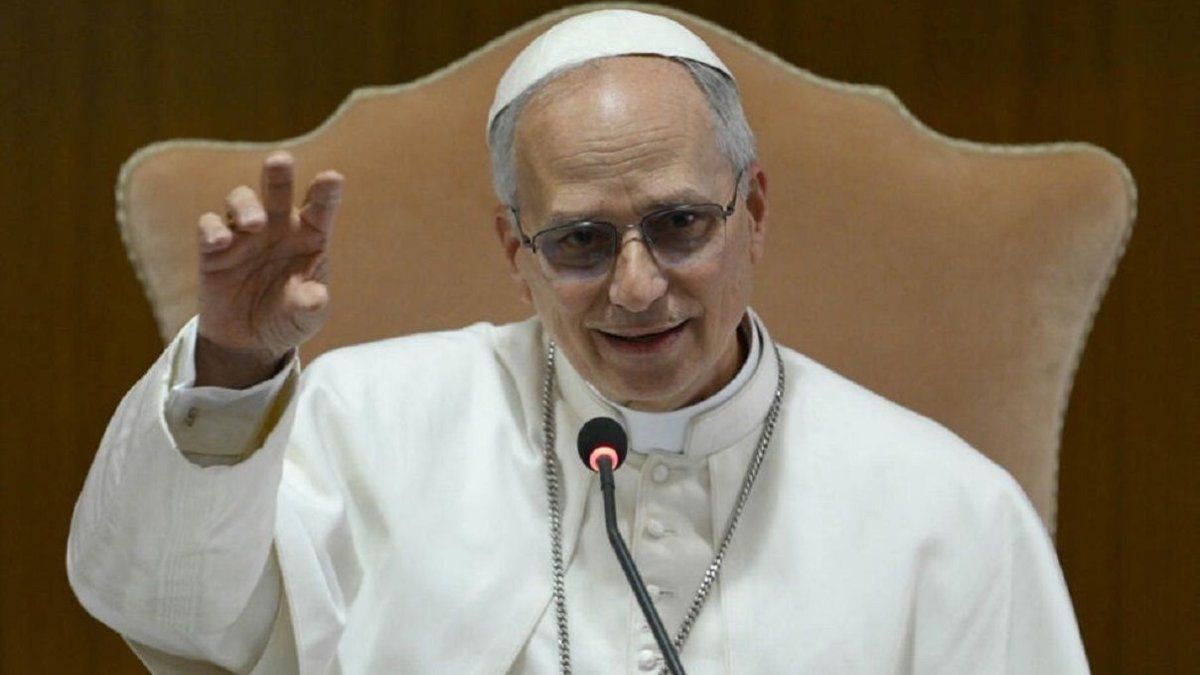Through the Decree 773/2024 Published in the Official Gazette this Friday, it was recalled that said regime is designed for tax residents in Argentina as of December 31, 2023, and also extends to individuals who were previously tax residentsalthough they are no longer. Thus, the Government again invited taxpayers to declare property or assets that have not been previously reported to the tax authoritiesoffering them the opportunity to catch up with their tax obligations.
The Decree sets out three key stages for laundering, each with specific requirements that include the manifestation of adherence to the regime, the making of a mandatory advance payment, the filing of a sworn statement, and the payment of a special tax known as “regularization tax”“This tax varies depending on the stage at which the taxpayer decides to regularize his assets, the stages being a sort of temporal escalation where different tax rates are applied.
The fine print of the decree
On the other hand, the Law also creates a Special Income Regime for Personal Property Tax (REIBP). This regime is available to the same people who can access the Asset Regularization Regime, that is, tax residents in Argentina as of December 31, 2023 and people who were tax residents previously. The purpose of the REIBP is to facilitate the payment of the Personal Property Tax, allowing taxpayers who regularize their assets within this scheme to benefit from special tax treatment.
A key part of this special regime is that it establishes an additional tax on gifts and other types of “liberalities” (i.e. transfers of property or money without receiving equivalent consideration)). This tax applies to those who accept or acquire, before December 31, 2027, a donation or an asset worth less than its market value from a taxpayer who has not joined the Regime. This means that if a person receives a donated asset from someone who has not regularized their tax situation, the recipient may have to pay additional tax if the donation is considered to be below market value.
The decree also introduces modifications and additional details to the original regime, such as the inclusion of construction works and improvements in the regularization of real estate, the definition of who is considered “dependent relatives” from a tax point of view, and how disputed tax obligations should be treated in different administrative or judicial instances.
Finally, the official text addresses the way in which payments must be made under the REIBP, including how the tax base of regularized assets is converted to Argentine pesos using the US dollar exchange rate. at the value of the last business day prior to filing the sworn statement.
Expansion of key concepts
Special Regime for Income Tax on Personal Assets (REIBP): This special regime establishes particular conditions for the payment of the tax on personal assets by those taxpayers who have regularized their assets. The decree clarifies the scope of this regime and the associated benefits.
notice_313080.pdf
Special Regime for Income Tax on Personal Property (REIBP).
Compliant taxpayersThe Decree defines who is considered a compliant taxpayer and establishes the benefits to which they are entitled, such as the possibility of accessing more favorable payment plans.
Real Estate: The definition of real estate is expanded to include construction works and improvements, which allows for the regularization of a larger universe of assets related to real estate.
Releases of Obligations: The regulations establish the conditions under which tax, customs and criminal obligations linked to regularized goods can be released.
Source: Ambito
I am an author and journalist who has worked in the entertainment industry for over a decade. I currently work as a news editor at a major news website, and my focus is on covering the latest trends in entertainment. I also write occasional pieces for other outlets, and have authored two books about the entertainment industry.




